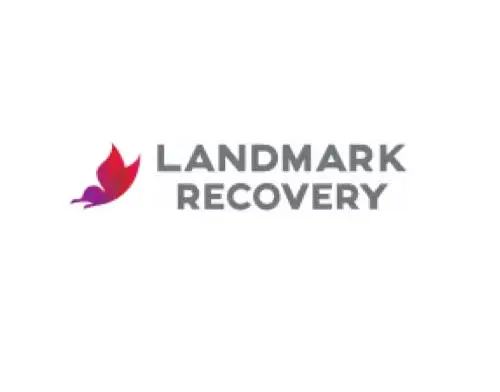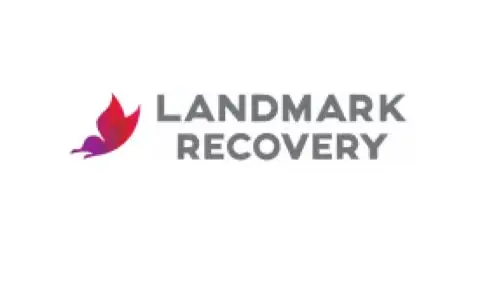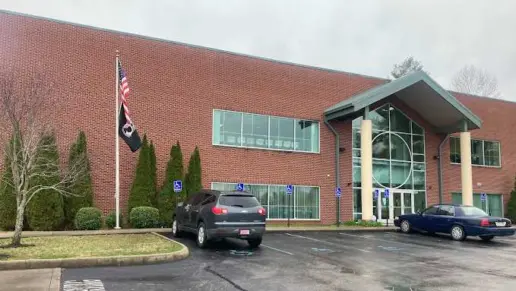I went there for 3 days and omg i wouldnt send a dog there. This place is horrible. Staff holler at you and are rude to you. They dont give you water to drink until 10 pm at night or later if you are lucky even if you ask. There bathroom is in a closet. They feed you as you' ...
About Landmark Recovery of Louisville
Landmark Recovery of Louisville provides addiction and co-occurring disorder treatment in Louisville, Kentucky. As one of the top addiction rehab centers in Kentucky, they strive to provide comprehensive care to help adults build happier, healthier lives. You’ll benefit from a safe, stable environment with ongoing emotional and medical support, coaching and accountability. Medical detox, residential rehab, day treatment, intensive outpatient programs and aftercare are available.
They’re dedicated to providing affordable, compassionate care no matter where you are in your journey. You can access flexible payment options to ensure finances don’t deter you from getting the help you need. They work with all major health insurance providers even if they don’t have a contract with them. You can also use Medicaid or receive a payment plan depending on eligibility.
With inpatient care, you can separate yourself from the people, places and things triggering substance use. You’ll have a highly structured routine packed with opportunities to gain coping skills, connect with others and reflect. They offer a blend of expert backed and holistic practices, including individual and group therapy, 12 Step programs, SMART recovery, mindfulness, meditation and more. These features are also available in their various outpatient programs, but you’ll live at home and attend treatment.
One standout feature I noticed was they have gender specific wings. Their programs accept men and women but provide separate spaces so you feel most comfortable. I like this approach because you’ll have a safe space to connect with others without distractions.
Another incredible element is their free alumni program. Once completing an initial program, you can access multiple aftercare resources to support your journey. They provide fun sober events like game nights, bowling, amusement park visits and volunteer opportunities. You’ll also benefit from wellness check ins for up to one year and virtual weekly alumni group meetings. That way you can stay focused on recovery and maintain your sober support network to promote long term recovery.
Facility Overview
Rehab Score
Gallery
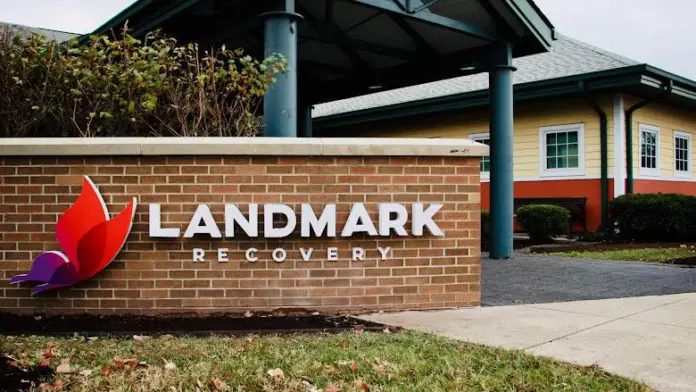
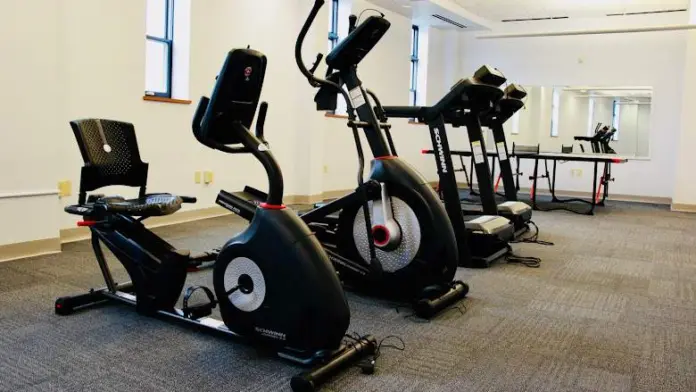
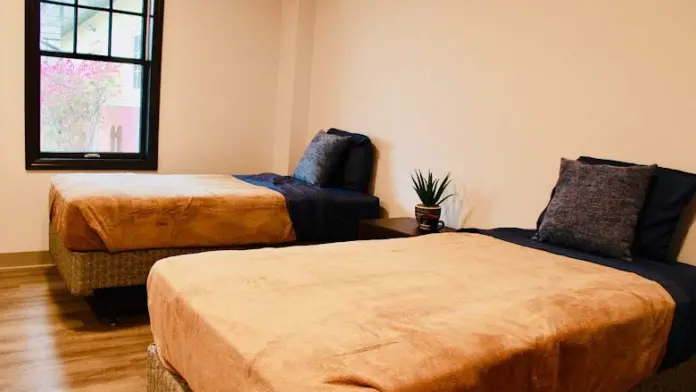
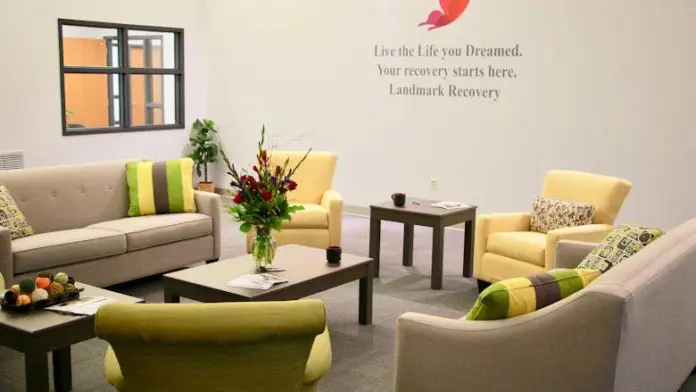
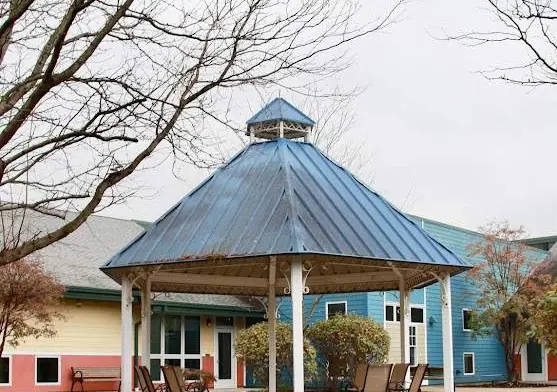
Location
Accepted Insurance
Other Forms of Payment
Private insurance refers to any kind of healthcare coverage that isn't from the state or federal government. This includes individual and family plans offered by an employer or purchased from the Insurance Marketplace. Every plan will have different requirements and out of pocket costs so be sure to get the full details before you start treatment.
Self-pay involves paying for treatment out of your own pocket. You can use savings or credit, get a personal loan, or receive help from family and friends to fund your treatment. If you don't have insurance or your insurance plan doesn't cover a specific program, self-pay can help ensure you still get the care you need.
Military members, veterans, and eligible dependents have access to specific insurance programs that help them get the care they need. TRICARE and VA insurance can help you access low cost or no cost addiction and mental health treatment. Programs that accept military insurance often have targeted treatment focused on the unique challenges military members, veterans, and their families face.
Medicaid is a state based program that helps lower-income individuals and families pay for healthcare. Medicaid covers addiction treatment so those enrolled can use their coverage to pay for rehab. When a program accepts Medicaid the client often pays very little or nothing out of their own pocket.
Medicare is a federal program that provides health insurance for those 65 and older. It also serves people under 65 with chronic and disabling health challenges. To use Medicare for addiction treatment you need to find a program that accepts Medicare and is in network with your plan. Out of pocket costs and preauthorization requirements vary, so always check with your provider.
Addiction Treatments
Levels of Care
Treatments
The goal of treatment for alcoholism is abstinence. Those with poor social support, poor motivation, or psychiatric disorders tend to relapse within a few years of treatment. For these people, success is measured by longer periods of abstinence, reduced use of alcohol, better health, and improved social functioning. Recovery and Maintenance are usually based on 12 step programs and AA meetings.
Drug rehab in Kentucky often starts with detox, then includes inpatient or outpatient treatment, and continues with aftercare support. Specific methods used during each of these phases varies, but often include individual and group counseling, medication, and recreational therapies.
Many of those suffering from addiction also suffer from mental or emotional illnesses like schizophrenia, bipolar disorder, depression, or anxiety disorders. Rehab and other substance abuse facilities treating those with a dual diagnosis or co-occurring disorder administer psychiatric treatment to address the person's mental health issue in addition to drug and alcohol rehabilitation.
A combined mental health and substance abuse rehab has the staff and resources available to handle individuals with both mental health and substance abuse issues. It can be challenging to determine where a specific symptom stems from (a mental health issue or an issue related to substance abuse), so mental health and substance abuse professionals are helpful in detangling symptoms and keeping treatment on track.
Opioid rehabs specialize in supporting those recovering from opioid addiction. They treat those suffering from addiction to illegal opioids like heroin, as well as prescription drugs like oxycodone. These centers typically combine both physical as well as mental and emotional support to help stop addiction. Physical support often includes medical detox and subsequent medical support (including medication), and mental support includes in-depth therapy to address the underlying causes of addiction.
Programs




Clinical Services
Cognitive behavioral therapy in Kentucky involves learning to recognize unhealthy thinking patterns and developing problem solving skills to cope with life's challenges. It will help you have greater confidence in your abilities so you can change your patterns of behavior and break free from substance abuse.
Typically, dialectical behavior therapy (DBT) in Kentucky involves four types of therapy sessions. You'll participate in a pre assessment, skills training in groups, individual therapy, and telephone crisis coaching. The goal is to improve your skills for coping with daily emotions and life challenges.
Group therapy is any therapeutic work that happens in a group (not one-on-one). There are a number of different group therapy modalities, including support groups, experiential therapy, psycho-education, and more. Group therapy involves treatment as well as processing interaction between group members. Group interactions with the clinical staff and the patient’s peers will allow for more valuable connections to be made, further strengthening their individual recovery process. Each patient participates in 3 hours of group therapy daily.
In individual therapy, a patient meets one-on-one with a trained psychologist or counselor. Therapy is a pivotal part of effective substance abuse treatment, as it often covers root causes of addiction, including challenges faced by the patient in their social, family, and work/school life. Each patient interacts with their individual counselor at least twice per week. The patient and counselor will begin exploring the thoughts, feelings and situations which have contributed to their ongoing substance use.
Trauma therapy provides you with a safe space to work through a trauma that you witnessed or experienced. Trauma informed therapy supports you to understand your emotional and physical responses and develop healthier coping mechanisms when exposed to triggers in the community. This improves your sense of self confidence and empowerment.
Within the first 2 weeks of treatment, families are encouraged to participate in our family program. Each family spends approximately one half of a day learning about the addiction and recovery process, including how they can gain support. Research clearly demonstrates that recovery is far more successful and sustainable when loved ones like family members participate in rehab and substance abuse treatment. Genetic factors may be at play when it comes to drug and alcohol addiction, as well as mental health issues. Family dynamics often play a critical role in addiction triggers, and if properly educated, family members can be a strong source of support when it comes to rehabilitation. Topics covered in the family program: 1. How “We” are affected by the loved one’s addiction 2. Setting healthy boundaries 3. Developing a new set of beliefs, values and rules 4. Introduction to support groups for family members and loved ones
Life skills equip you to obtain and maintain employment, establish healthy relationships, develop a healthy daily routine, manage your finances, and practice self care. Because these are an important part of successful recovery, life skills training should be an integral part of your rehab in Kentucky.
Nutrition therapy is a form of holistic therapy that is often incorporated into drug rehab programs in Kentucky. Eating healthy meals and learning how to choose the best foods for recovery helps you heal faster and helps prevent relapse.
Holistic alcohol and drug addiction treatment centers use recreational therapy to help you find a constructive way to spend your time and manage your stress. Activities can include yoga, team sports, creative arts, and painting. These encourage social interaction, support your physical fitness, and improve your mood, all of which are crucial for maintaining a successful recovery.
Amenities
-
Gym
-
Residential Setting
-
Private Rooms
Accreditations

LegitScript has reviewed Landmark Recovery of Louisville as part of their certification program, and has determined that it meets the LegitScript standards for legality, safety and transparency.
LegitScript verified in

The Joint Commission, formerly known as JCAHO, is a nonprofit organization that accredits rehab organizations and programs. Founded in 1951, the Joint Commision's mission is to improve the quality of patient care and demonstrating the quality of patient care.
Joint Commission Accreditation: Yes
Contact Information
4112 Fern Valley Rd
Suite A
Louisville, KY 40219
